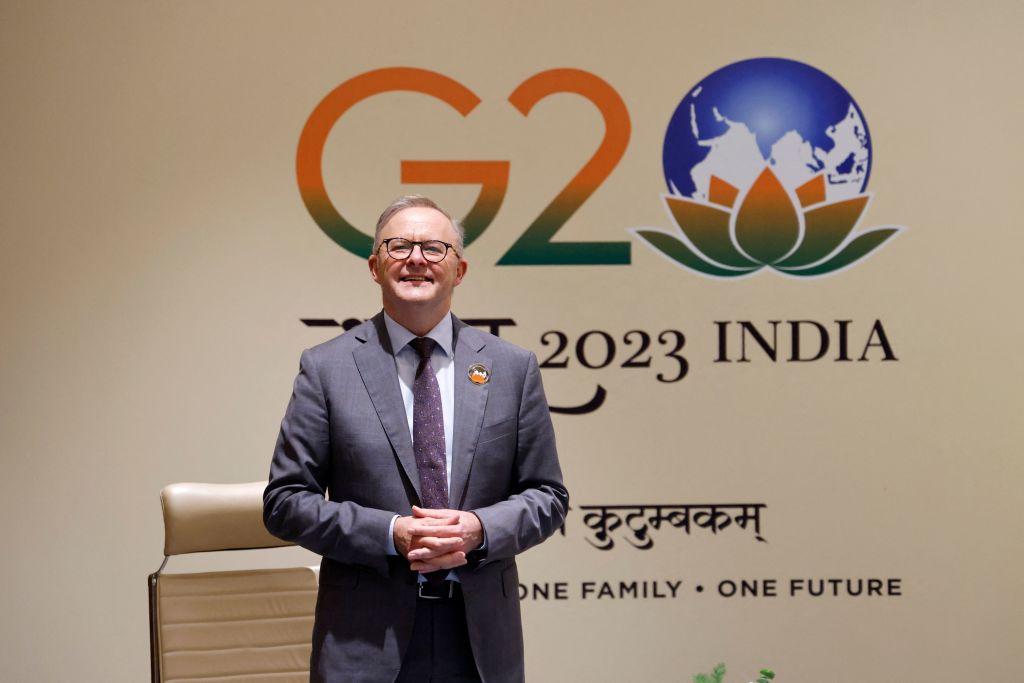Despite the concessions given to Russia and China, Australian Prime Minister Anthony Albanese called the latest G20 declaration the “strongest statement” to date.
The leaders’ declaration released on Day 1 of the G20 summit in New Delhi, did not directly condemn Russia’s war in Ukraine, instead urging against the use of force “to seek territorial acquisition,” while also adding in the statement that there were “different views and assessments of the situation.”





